And everyone knows this means man-made chemicals aren’t used on them, right?
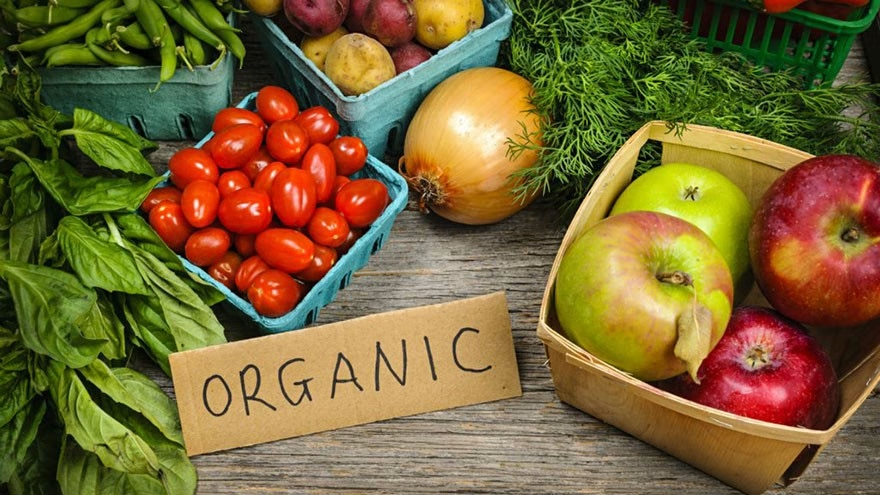
Does Organic Mean What You Think It Does?
It is true certified organic produce can’t be genetically modified or irradiated. Non-organic pesticides, insecticides, and fertilizers are also restricted – although they can still be used. For example, if a farmer finds his crop isn’t doing well, he can choose to use traditional chemicals.Sometimes manure is used to fertilize organic produce, which is why organic fruits and vegetables must be carefully washed before consuming, to prevent food poisoning and serious E. coli health risks.
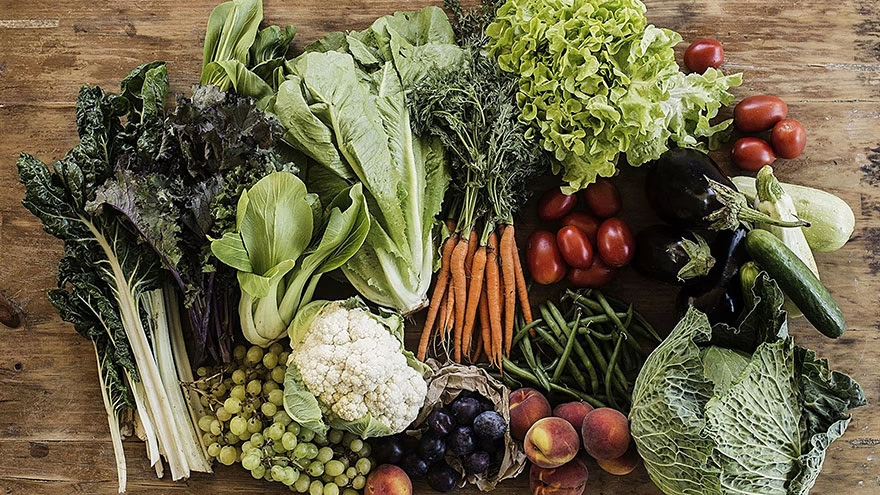
Is It Healthier?
Many people eat organic produce because they think it’s healthier. However, the health risks of conventional produce is unknown. Typically, studies are conducted looking at children, who are considered more vulnerable than adults.In one study, children switched to organic foods for five days, and when their urine was tested, researchers found some pesticides disappeared from their urine. Researchers hastened to say organic food won’t necessarily change your health, but it will change (though not completely take away) a child’s exposure to pesticides.
Modern pesticides are by and large "nonpersistent," which means the human body doesn’t store them. This is a departure from pesticides of the past and makes it demanding to know whether the chemicals are causing bodily harm.
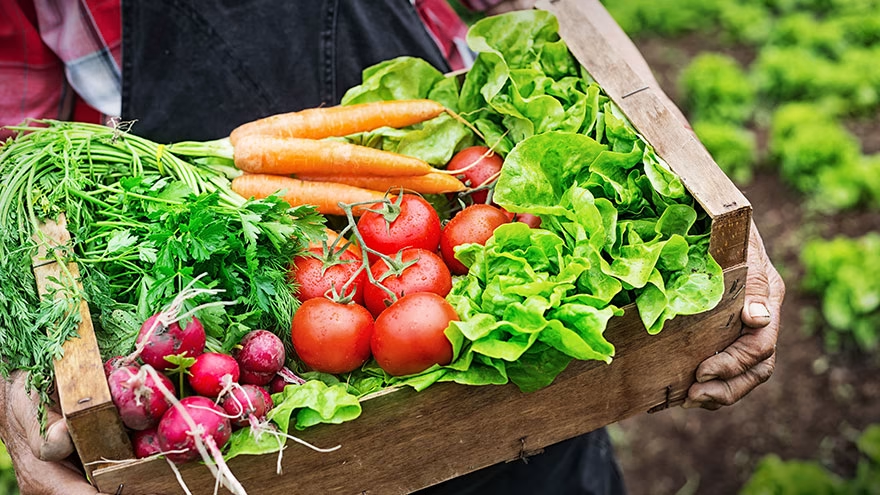
The FDA regularly conducts "market basket" studies where they examine food throughout the United States. In 1997, they found around 60% of vegetables and fruits had no detectable pesticides. About 1.2% of domestic food had levels of pesticides falling outside the EPA’s guidelines.
In the 90s, Consumer Reports conducted their own test. They purchased around a thousand pounds of tomatoes, apples, bell peppers and peaches in five different cities and tested them for pesticides. In 77% of the conventional produce, trace amounts were found; in the organic produce, 25% was detected.
Both the FDA and Consumer Reports tested unwashed produce, even though we know washing removes at least some pesticides from produce.
Does It Taste Better?
Many people claim organic produce tastes better, but the USDA says "no distinctions should be made between organically and non-organically produced products in terms of quality, appearance, or safety."In 1997, Consumer Reports didn’t find a consistent difference in the flavor of organic and non-organic produce, and in the early 90s, Israeli researchers didn’t either.
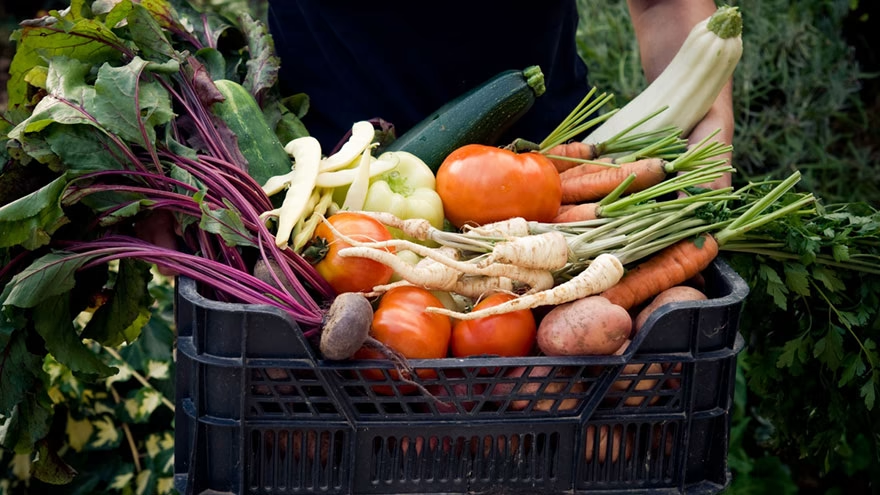
Better For The Earth?
Some people buy organic produce primarily because they think it’s better for the environment. Organic farmers have mostly returned to traditional farming practices – practices smart farmers never strayed from – including crop rotation, composting, cover crops, and similar systems.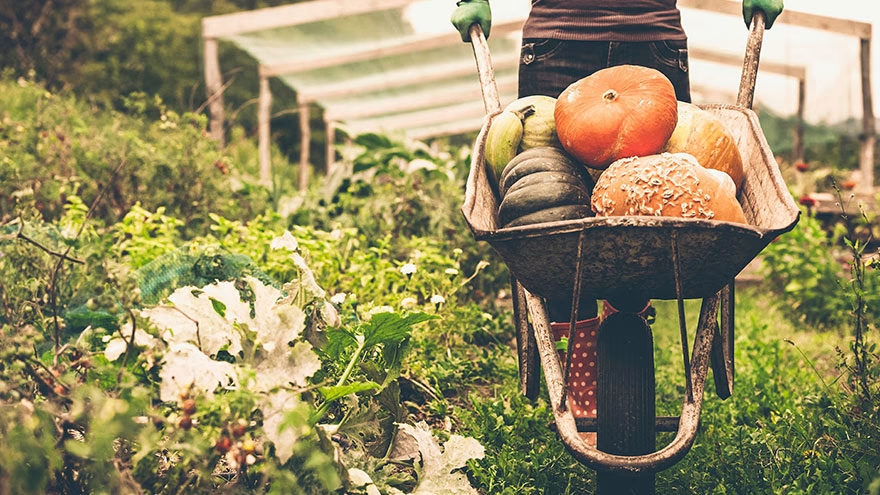
Is İt Worth The Price?
For some, organic produce – 25 to 50% or more expensive – may be worth the cost. Even if everything you buy isn’t organic, there is still some produce many consider "dirty."The non-profit Environmental Working Group analyzed 43 fruits and vegetables and determined that the following produce was most heavily treated with pesticides:
- Peaches
- Apples
- Sweet bell peppers
- Celery
- Nectarines
- Strawberries
- Cherries
- Pears
- Imported grapes
- Spinach
- Lettuce
- Potatoes
- Onions
- Avocado
- Frozen sweet corn
- Pineapples
- Mango
- Asparagus
- Frozen sweet peas
- Kiwi
- Bananas
- Cabbage
- Broccoli
- Papaya
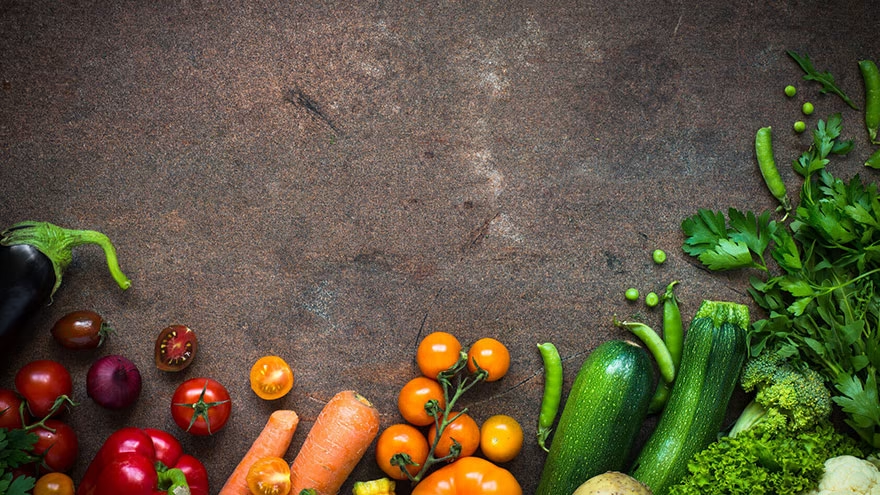
In addition, when cooking organic vegetables or fruit, be sure to cook it thoroughly, to help kill potentially harmful bacteria.
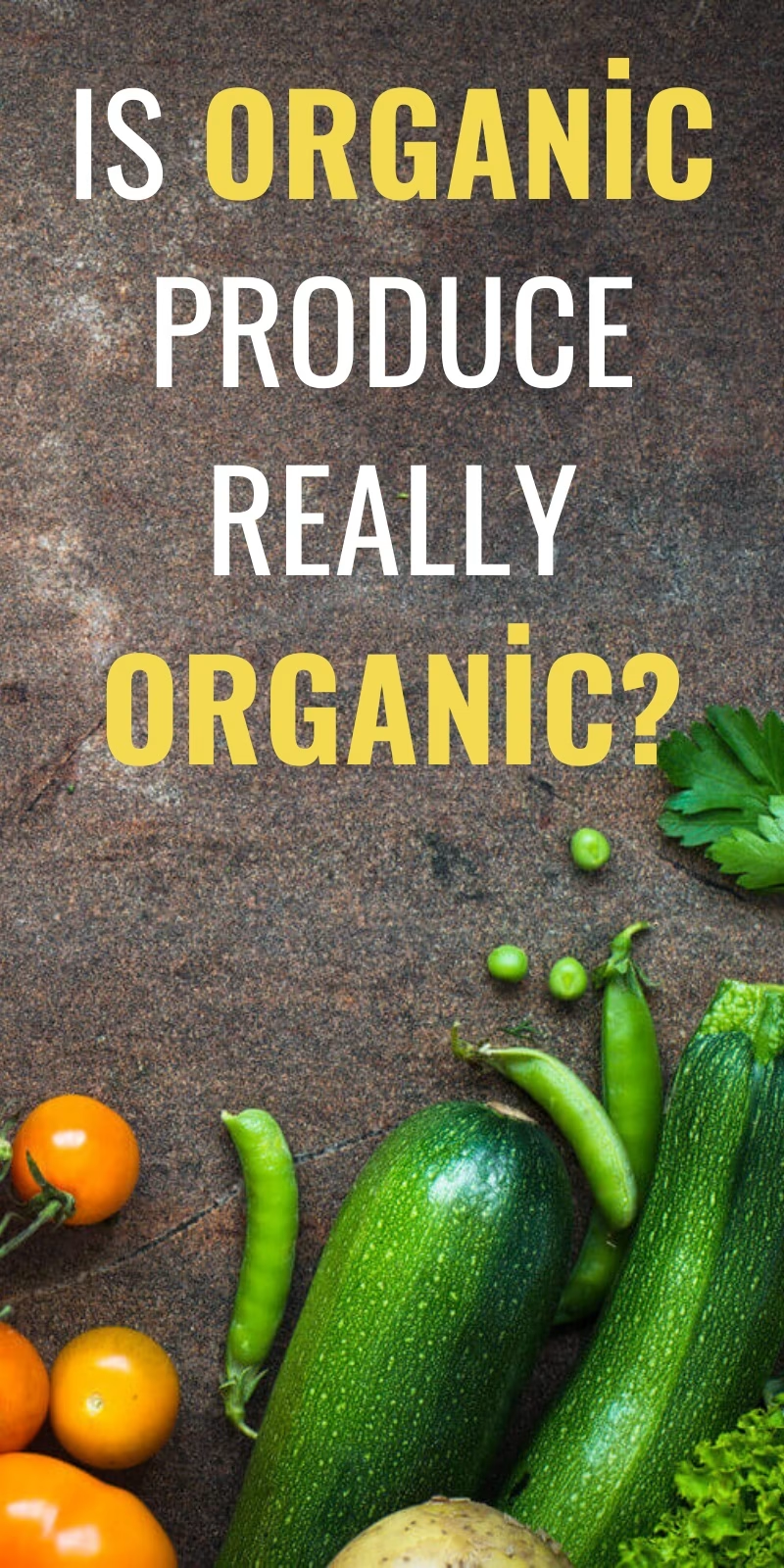
Check out the video version of this article on YouTube
httpv://www.youtube.com/watch?v=n6owKUwrP0c
Save for later
Found this helpful?
Pin this article to your Pinterest board and come back to it whenever you need a reminder.
Save to Pinterest


